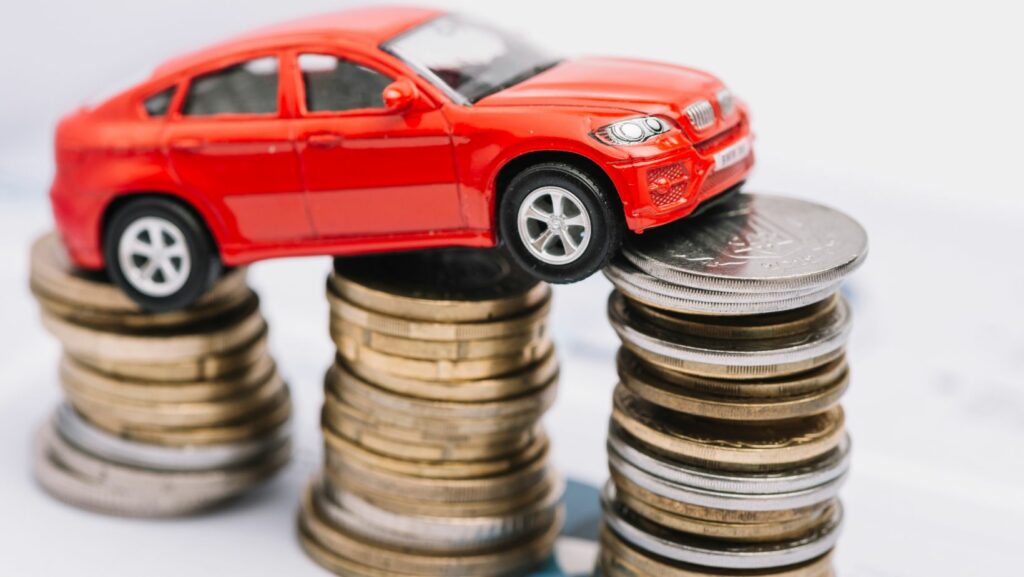Car repossession is a stressful and emotional experience, but there’s good news—you are not without options. Thousands of car owners face the same challenge each year, and with the right approach, you can take control of the situation and potentially reclaim your vehicle or minimize the financial damage.
This guide outlines clear, actionable tips to help you manage the repossession process effectively and explore options that might prevent you from losing access to your motor vehicle altogether.
Why Car Repossession Happens
Car repossession happens when a borrower falls behind on their car loan payments, giving the lender the legal right to reclaim the vehicle. Lenders typically provide a grace period for missed payments. However, once you default on your loan, repossession may follow.
Here are some common reasons drivers face repossession:
- Job loss or reduced income leading to financial strain,
- Unexpected medical emergencies causing financial difficulties,
- Poor financial planning or high-interest loans,
- Long-term financial hardship.
Understanding why repossession occurs can help you identify areas where improvements are needed to prevent it. No matter your situation, taking the right financial steps can offer a path forward.
Immediate Steps to Take Once Repossession Happens
If your car is repossessed, it’s essential to respond quickly to minimize additional costs and complications. Here are the immediate steps to follow:
1. Contact Your Lender Immediately
After repossession, reach out to your lender to discuss your options. Some lenders may allow you to reinstate your loan by catching up on missed payments and repossession fees. Reinstating the loan can often be less expensive than alternatives, like redeeming or repurchasing your car.
2. Understand Your Rights
Each state has its own rules regarding car repossession. Some states require lenders to notify you before taking your car, while others don’t. However, most states allow borrowers to reclaim their vehicle by paying the overdue balance and fees within a certain timeframe. Research your state’s laws to know what protections are available to you.
3. Recover Your Belongings
Legally, lenders must allow you to retrieve personal items left in the car. Arrange to collect your belongings promptly to avoid unnecessary storage fees.
4. Explore Financial Assistance Options
Recovering your car after repossession requires financial resources. Depending on your situation, you might consider applying for financial aid or finding a loan for repossessed car to cover immediate expenses. Personal loans with flexible terms could offer a lifeline to help you through this challenging time.
Preventative Tips to Avoid Repossession in the Future
If you’re still holding onto your vehicle but struggling with loan payments, the following strategies can help prevent repossession in the first place.
1. Budget and Prioritize Payments
List your monthly expenses and income to create a clear picture of your finances. Prioritize your car loan payment to ensure reliable transportation remains available for work and daily life.
2. Refinance Your Auto Loan
If your current interest rate or payment plan is unsustainable, consider refinancing your auto loan. A refinance can reduce your monthly payment and provide breathing room in your budget.
3. Negotiate with Your Lender
Never hesitate to communicate with your lender. Many are willing to negotiate payment adjustments, deferments, or temporary reductions to keep you from defaulting.
4. Seek Credit Counseling
Nonprofit agencies like the National Foundation for Credit Counseling (NFCC) provide free or low-cost guidance on managing finances and avoiding repossession. A trained advisor can help you build a strategy to get back on track financially.

Exploring Financial Assistance Options
If you’re unable to catch up on payments or work out arrangements with your lender, there are resources to help you regain control.
1. Government Assistance Programs
Government-funded programs such as Temporary Assistance for Needy Families (TANF) might provide emergency funds to help cover overdue payments. Check for local programs that might cater to your needs.
2. Nonprofit Support
Organizations specializing in financial counseling and assistance may offer emergency help to avoid repossession. For example, the NFCC provides tailored advice for people facing car loan challenges.
3. Personal Loans
A personal loan, such as a fast cash installment loan, can be used to cover overdue car payments, repossession fees, or even redeem your vehicle. These loans often offer more favorable terms than payday loans, making them a more manageable solution.
4. Employer Loan Programs
Check with your employer to see if financial assistance or loan programs are available. Some employers offer payroll advance options, allowing you to access part of your future paycheck ahead of time.
Strategies for Handling Repossession Costs
The financial costs of repossession can be overwhelming. If you’re struggling to cover fees, consider these approaches:
Ask Family or Friends for Support
Turning to loved ones for temporary help can provide the resources needed to catch up on payments. While it may feel awkward, relying on a support system can save both time and stress. However, ensure that the terms are transparent to both parties to avoid disagreements.
Find a Second Job or Side Hustle
Explore short-term work opportunities such as food delivery, ride-sharing, or freelancing to generate extra income quickly.
Sell Personal Items
Selling unused items online or locally can provide cash for immediate expenses. Every little bit helps when facing an emergency.
How Repossession Affects Your Finances
Failing to resolve repossession quickly can lead to long-term consequences. Here’s how repossession might impact your financial future:
- Credit Score Damage: Missed payments and repossession can appear on your credit report for up to seven years. This makes it harder to secure future loans with favorable terms,
- Difficulty Buying or Leasing a Car: Many lenders are hesitant to approve financing for borrowers with a repossession history,
- Deficiency Balances: If your repossessed car is sold at auction for less than your remaining balance, you’re still responsible for paying the difference.
To mitigate these impacts, focus on rebuilding your credit through small, consistent payments and responsible borrowing habits.
Take Charge of Your Financial Future
Car repossession doesn’t mean the end of the road. By taking immediate steps, leveraging financial assistance programs, and practicing better money management, you can regain control of your finances and move forward confidently.
Remember that resources like financial counseling, lenders offering personal loans, and community support programs are designed to help people like you. By acting quickly and strategically, you can navigate this challenging time and emerge stronger on the other side.
Your next chapter starts with the right financial decisions.




